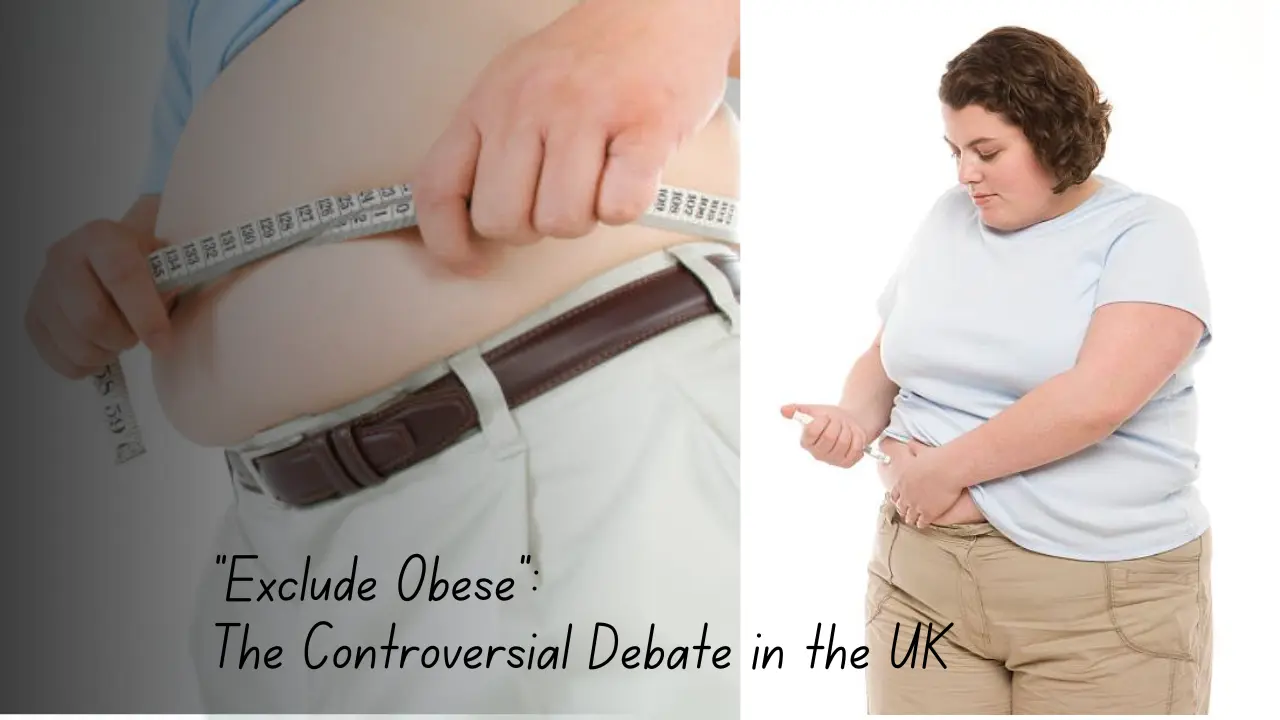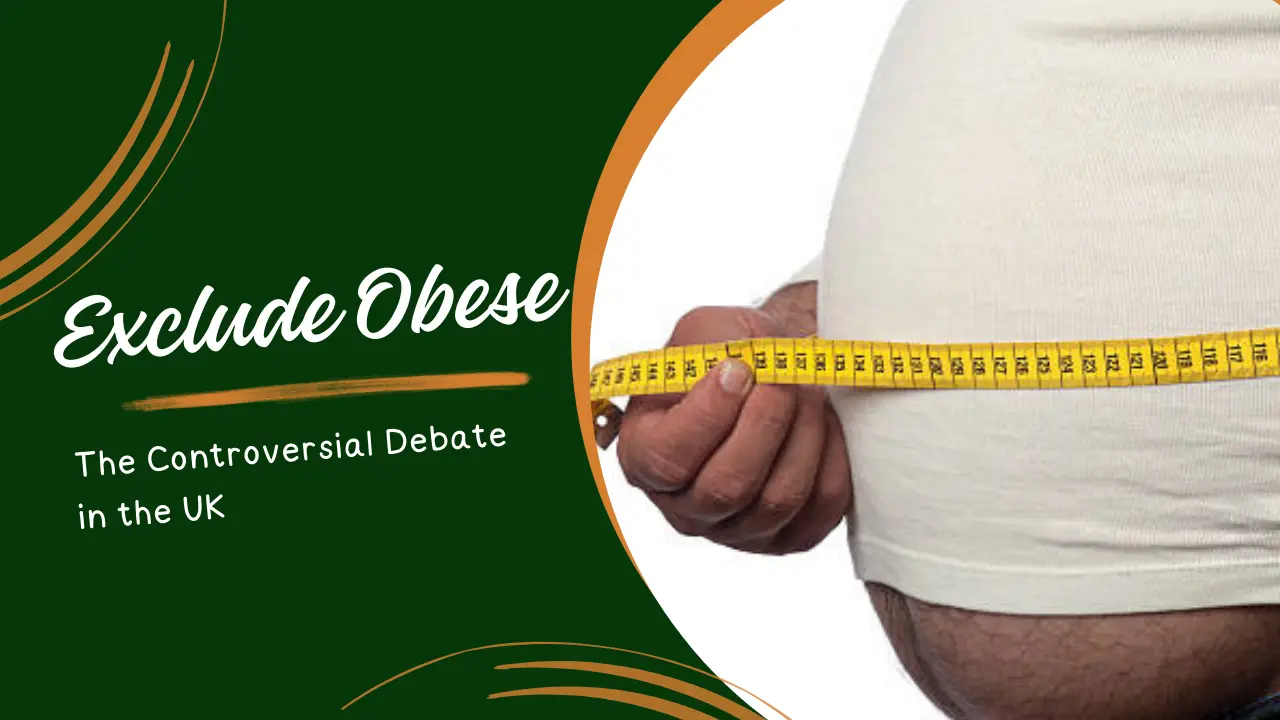What Does Exclude Obese Mean
Table of Contents
What Does Exclude Obese Mean
In the ever-evolving landscape of social and health policies, the topic of “exclude obese” has been a subject of intense debate in the United Kingdom. As the nation grapples with the growing prevalence of obesity, the question of how to address this complex issue has sparked a range of opinions and perspectives.
The Obesity Epidemic in the UK
The United Kingdom has been facing a significant public health challenge in recent years, with obesity rates steadily rising. According to the latest data from the National Health Service (NHS), over a quarter of adults in England are classified as obese, with an additional 37% being overweight.
This trend is particularly concerning, as obesity is a major risk factor for a range of chronic health conditions, including heart disease, type 2 diabetes, and certain types of cancer.
A Simple “Rice Method” That Liquifies Fat Every 24 Hours – Watch The Video
The “Exclude Obese” Debate

The concept of “excluding obese” individuals from certain services or opportunities has been a contentious topic in the UK.
Proponents of this approach argue that it is necessary to incentivize weight loss and promote healthier lifestyles, ultimately reducing the burden on the healthcare system.
They suggest that denying access to certain services, such as non-essential medical procedures or employment opportunities, could motivate individuals to take steps to improve their health.
However, critics of the “exclude obese” approach argue that it is a form of discrimination and stigmatization, which can have detrimental effects on the mental and emotional well-being of those affected.
They contend that this approach fails to address the underlying social, economic, and environmental factors that contribute to the obesity epidemic, and instead places the onus solely on the individual.
How to Control Type 2 Diabetes – Must Watch the Video
The Legal and Ethical Considerations
From a legal perspective, the “exclude obese” approach raises concerns about discrimination and human rights. In the UK, the Equality Act 2010 prohibits discrimination based on a range of protected characteristics, including disability.
Obesity is not explicitly listed as a protected characteristic, but there have been cases where it has been considered a disability under the Act.
Ethically, the “exclude obese” debate touches on the principles of justice, autonomy, and beneficence. Proponents argue that it is a matter of personal responsibility, while critics contend that it undermines the inherent dignity and worth of individuals, regardless of their weight.
The Role of Healthcare Professionals
Healthcare professionals play a crucial role in the “exclude obese” debate. While they are tasked with promoting healthy lifestyles and addressing the obesity epidemic, they must also navigate the ethical and legal considerations surrounding this issue.
Many healthcare professionals advocate for a more holistic and compassionate approach, focusing on education, support, and access to evidence-based treatment options, rather than exclusion.
They emphasize the importance of addressing the underlying causes of obesity, such as mental health, socioeconomic factors, and environmental influences.
Best Intermittent Fasting for Weight Loss – How do you do it?
The Impact on Individuals and Society
The “exclude obese” debate has far-reaching implications for individuals and society as a whole. For those affected, the experience of exclusion can lead to feelings of shame, stigma, and social isolation, which can further exacerbate mental health issues and hinder efforts to improve physical health.
On a societal level, the “exclude obese” approach may have unintended consequences, such as widening health disparities and undermining efforts to promote inclusive and equitable access to healthcare and other essential services.
The Way Forward
As the UK grapples with the obesity epidemic, it is clear that a multifaceted and compassionate approach is needed. This may involve a combination of public health initiatives, improved access to evidence-based treatment options, and a focus on addressing the underlying social, economic, and environmental factors that contribute to obesity.
Importantly, any efforts to address obesity must be grounded in respect for human dignity, non-discrimination, and a commitment to promoting the overall well-being of individuals and communities. By fostering a more inclusive and supportive environment, the UK can work towards a healthier and more equitable future for all.
Conclusion – Exclude Obese
The “exclude obese” debate in the UK is a complex and multifaceted issue that requires careful consideration of legal, ethical, and public health implications. While the goal of addressing the obesity epidemic is a valid one, the approach of exclusion has been widely criticized for its potential to exacerbate stigma, discrimination, and health disparities.
As the UK continues to grapple with this challenge, it is essential that policymakers, healthcare professionals, and the public engage in a thoughtful and nuanced dialogue, guided by the principles of compassion, inclusion, and a commitment to promoting the overall well-being of all individuals, regardless of their weight.




